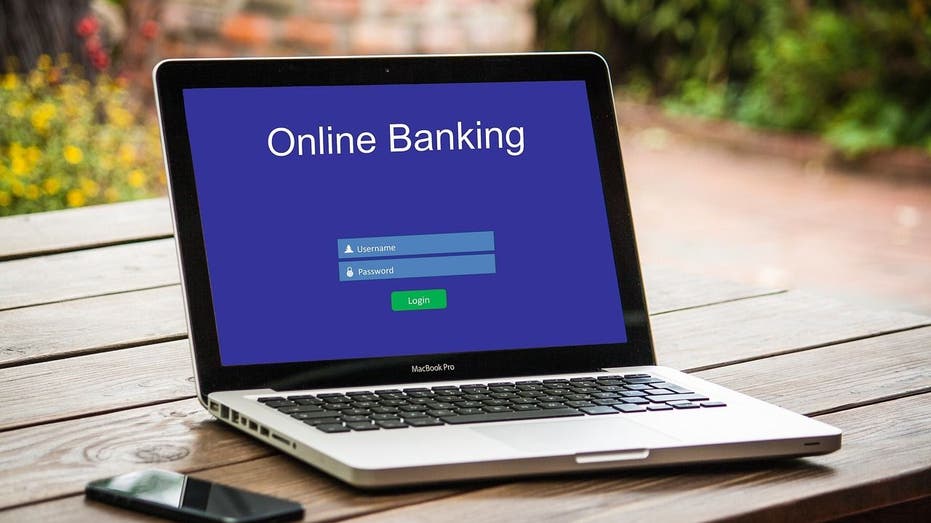How Secure Is Your Password? Discover the Answer with This Comprehensive Test

The RockYou2024 Password Leak: A Stark Reminder
In July of last year, the RockYou2024 leak made headlines by exposing nearly 10 billion passwords, marking it as the most extensive password compilation ever released. Although this incident may seem like old news, its repercussions are still very relevant today. The sheer volume of breached credentials circulating out there poses a significant risk of credential stuffing, identity theft, and unauthorized access to various online accounts and systems. For those who continue to reuse passwords, the dangers are not only real but escalating.
Understanding Password Security in Today’s Digital Landscape
-
Apple Unveils AirPods Pro 3 with Advanced Noise Cancellation, Real-Time Translation, and Fitness Tracking

-
The Ultimate Wi-Fi Mistake You Didn’t Know You Were Making

-
Tesla’s Austin Robotaxi Pilot Faces Early Setbacks with Multiple Crashes in First Day

- Comparison: Logitech G Pro Wireless – still a top esports mouse in 2025
With the ever-growing threat landscape, the pressing question remains: How secure is your password? Weak passwords are akin to leaving the front door of your digital life wide open for hackers. Reports indicate that many commonly used passwords can be cracked in mere seconds. Simple or reused passwords are particularly susceptible to automated attacks, and once one account is compromised, others often follow suit.
When a company you’re affiliated with suffers a data breach, and your login information is exposed, attackers can easily exploit that same password across different platforms, potentially giving them access to multiple accounts.
The Importance of Strong Passwords
Strong passwords serve as your primary defense against cyber threats. They are lengthy, complex, and unique, making it significantly more challenging for attackers to guess or breach them. By ensuring that each of your accounts has its own strong password, even if one is compromised, the rest remain secure.
Consider this analogy: a weak password is like using the same key for your house, car, and office and then leaving it under the doormat. In contrast, a strong password is comparable to having a unique, high-security key for every door in your digital life.
Common Insecure Passwords to Avoid
Several passwords have earned their reputation as being extremely easy to guess and should be avoided at all costs. Here are a few examples:
– 123456
– password
– 12345678
– qwerty
– abc123
These passwords are not only simple but also widely recognized by hackers, making them a poor choice for online security.
Is Your Password Up to Par? Take the 7-Point Strength Test
Now, let’s evaluate the security of your password. Grab a pen or keep a mental note as you assess yourself based on this 7-point password strength test. Each “yes” earns you a point—let’s see how your password stands against today’s threats.
1. **Length Matters**: Passwords shorter than 12 characters can be cracked in minutes by modern hacking tools. Aim for at least 12 characters to significantly increase your security.
2. **Mix of Characters**: Incorporating both uppercase and lowercase letters enhances complexity. Instead of “t8g5k9w2,” try “T8g5K9w2” for a stronger version.
3. **Include Numbers**: Adding numbers can make your password harder to crack. Instead of just letters like “Trkplmsh,” opt for “Tr8k5Plm2sh” for added security.
4. **Utilize Special Characters**: Symbols such as !, @, #, and $ further strengthen your password. Transform “T8g5K9w2” into “T8g5#K9w2!” for increased protection.
5. **Avoid Reusing Passwords**: Reusing passwords is like giving hackers a master key. Each password should have its unique purpose.
6. **Steer Clear of Personal Information**: Using your name, birthday, or pet’s name makes passwords easier to guess. Keep it impersonal and unpredictable.
7. **Regular Updates**: Even robust passwords can become stale. Update them every 90 days or sooner if a site you use has a security breach.
Evaluating Your Score
This password strength test serves not just as a quiz but as a crucial reminder. Even one weak point could provide a hacker with an opportunity to infiltrate your accounts. In an era rife with data leaks, having a strong and unique password is one of the simplest yet most effective ways to safeguard your online presence.
If you didn’t score a perfect seven, don’t fret. You’ve already taken the first step by identifying vulnerabilities in your password strategy. Here are two options to improve your password security:
1. **Craft Strong Passwords**: Ensure your passwords are at least 12 characters long, incorporating a mix of uppercase and lowercase letters, numbers, and special characters. Avoid personal information and common patterns. Always use a different password for each account and enable two-factor authentication wherever possible.
2. **Utilize Password Generators**: Creating a strong password can be challenging. Password generators take the guesswork out of it by producing long, complex, and random passwords that meet security best practices. Many password managers come equipped with built-in generators that create robust passwords effortlessly.
Why Password Managers Are Essential
Maintaining password security manually can be daunting. Fortunately, password managers simplify the process by generating, storing, and autofilling strong, unique passwords for you.
A reliable password manager should be user-friendly and secure, featuring tools for password health, data breach monitoring, and built-in password generators. These digital vaults encrypt and store your login credentials, passkeys, credit card details, and even sensitive documents, allowing you to manage everything effortlessly.
Moreover, a password manager eliminates the need for password reuse. Instead of relying on a familiar yet weak password, it generates strong, unique logins for each account, enhancing security in your digital life.
Final Thoughts on Password Security
In a world where data breaches are increasingly common, password security is not a one-time task but an ongoing commitment. By prioritizing the creation of strong passwords and harnessing tools like password managers, you can significantly mitigate your risk and enjoy greater peace of mind while navigating the online realm.
Do you think the companies you engage with online are doing enough to protect your data and passwords? Share your thoughts with us at our contact page.
For more tech insights and security alerts, subscribe to our newsletter and stay informed on the latest in cybersecurity.
Remember, safeguarding your online identity begins with a single step—make sure your passwords are strong and unique!
